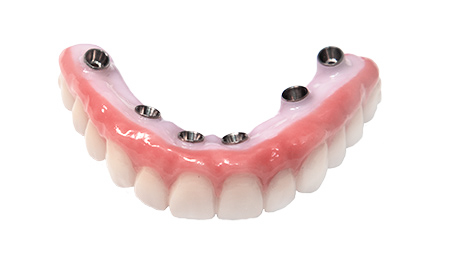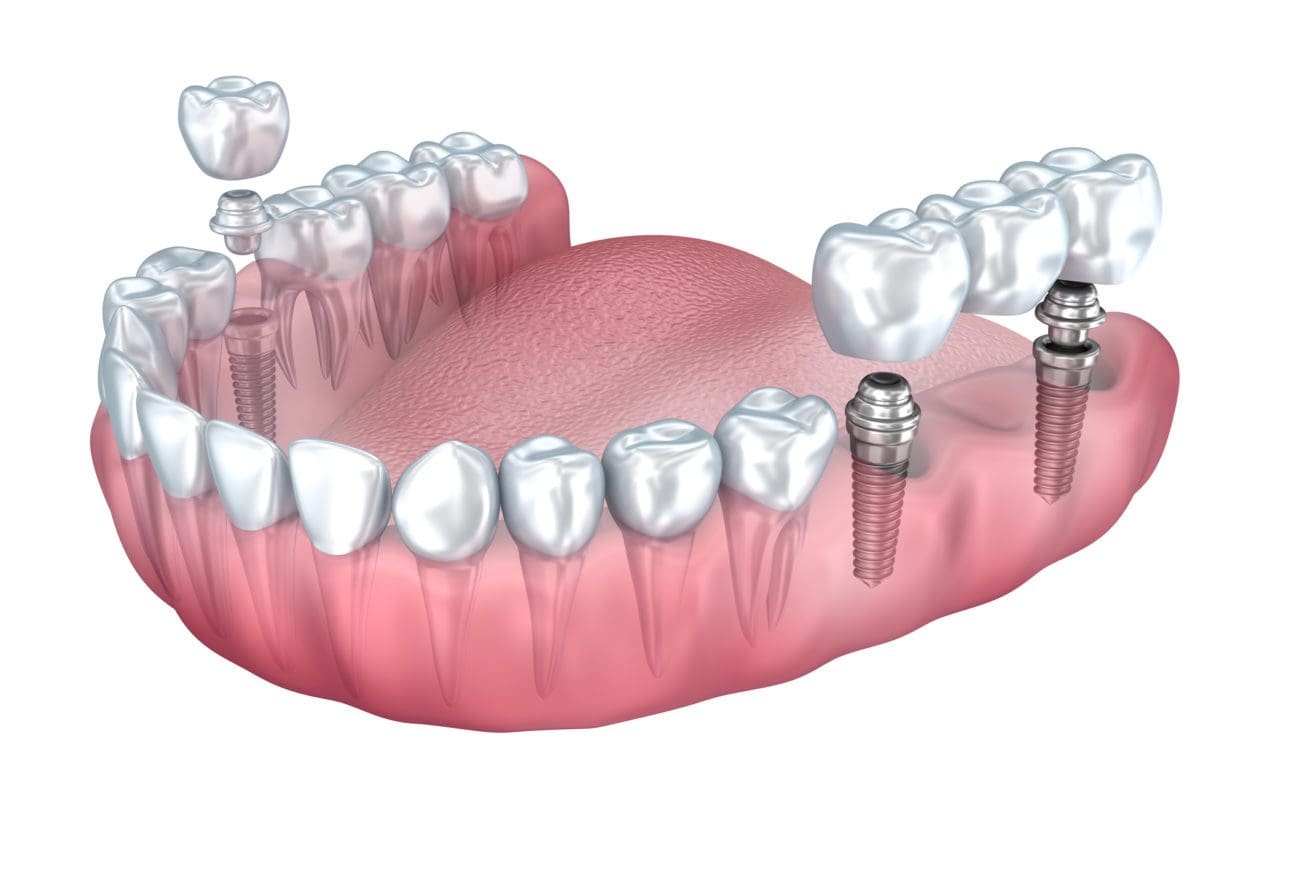What Does Dental Sense Mean?
Table of ContentsSome Ideas on Dental Sense You Need To KnowNot known Facts About Dental Sense8 Easy Facts About Dental Sense ShownSome Known Facts About Dental Sense.
are medical devices surgically implanted right into the jaw to bring back a person's capacity to eat or their look. They offer support for synthetic (fake) teeth, such as crowns, bridges, or dentures. When a tooth is lost due to injury or condition, an individual can experience issues such as rapid bone loss, defective speech, or changes to eating patterns that cause pain.Oral dental implant systems include an oral implant body and oral implant joint and may additionally consist of an abutment fixation screw. Dental implants. The dental implant body is surgically put in the jawbone instead of the tooth's origin. The dental implant abutment is usually connected to the implant body by the abutment fixation screw and expands through gum tissues right into the mouth to support the connected man-made teeth
Smoking might impact the recovery process and reduce the long-term success of the implant. The healing procedure for the dental implant body may take numerous months or longer, throughout which time you normally have a momentary abutment instead of the tooth. the dental implant treatment: Meticulously follow the oral hygiene directions offered to you by your dental service provider.
The 20-Second Trick For Dental Sense
Implant failure can result in the demand for an additional operation to fix or replace the dental implant system. Restores the capacity to chew Restores cosmetic appearance Helps maintain the jawbone from diminishing because of bone loss Preserves the health and wellness of the surrounding bone and gums Helps maintain surrounding (nearby) teeth secure Improves top quality of life Damage to bordering natural teeth during dental implant placement Injury to the surrounding tissues during surgical procedure, such as sinus perforation Injury during surgical treatment (for instance, crack of bordering jawbone) Inadequate function, such as seeming like the teeth do not bite together usually An experience that the tooth hangs or turning in area resulting from a joint screw loosening Implant body failing (looseness of the implant body) because of systemic infection, which might be extra likely in people with unchecked diabetics issues due to neighborhood infection in bone and periodontals supporting the implant body as a result of delayed healing, which might be most likely in individuals who smoke Trouble cleansing the periodontals around the dental implant, leading to inadequate dental hygiene Neglected gum condition Post-surgical pins and needles due to nerve impingement or damages Constantly notify healthcare service providers and imaging technicians that you have dental implants prior to any kind of magnetic resonance imaging (MRI) or x-ray treatments.
FDA is not familiar with any type of adverse occasions reported for MRI or x-ray procedures with dental implants. Oral implants systems are generally constructed from products that comply with international consensus criteria of the International Organization for Standardization (ISO) or ASTM International. These standards have information of what makes a risk-free material.

An oral implant is a framework that replaces a missing tooth. With screw-like devices, the specialist inserts a dental implant into the jawbone, and it acts as an anchor for a synthetic tooth, called a crown.
About Dental Sense
Some individuals are not qualified for dental implant surgery. It is for oral doctors to operate people with: severe illnessuncontrollable metabolic diseasebone or soft tissue illness or infectionIf these concerns are fixed, an individual can have the surgical treatment. In, dental specialists refrain from operating individuals with: If people with any of the above undergo oral implant surgery, there is a greater danger of the implant stopping working.

Dental implant surgical treatment is an individualized procedure. Give you time to heal. Connect the blog post and final crown, bridge or denture.
Next, your surgeon will very carefully position the oral implant right into your jaw. If your dental implant is near the front this contact form of your mouth, your dentist will make a momentary tooth for you to put on up until you recover.
The Greatest Guide To Dental Sense
Your provider can inform you what to anticipate in your scenario. During the healing stage, your jawbone ought to fuse to the dental implant. This procedure, called osseointegration, is crucial for stability and long-term success. This process can take anywhere from 3 to nine months. In some cases, it may take much longer.
As soon as your dental implant heals, your dentist can connect the joint (little adapter message) and your last repair (crown, bridge or denture). This generally takes concerning one hour to finish and may call for a 2nd minor surgical treatment. You shouldn't really feel any type of pain during your oral implant procedure due to the fact that your service provider will certainly use medicine to numb your gum tissues.
Comments on “What Does Dental Sense Do?”